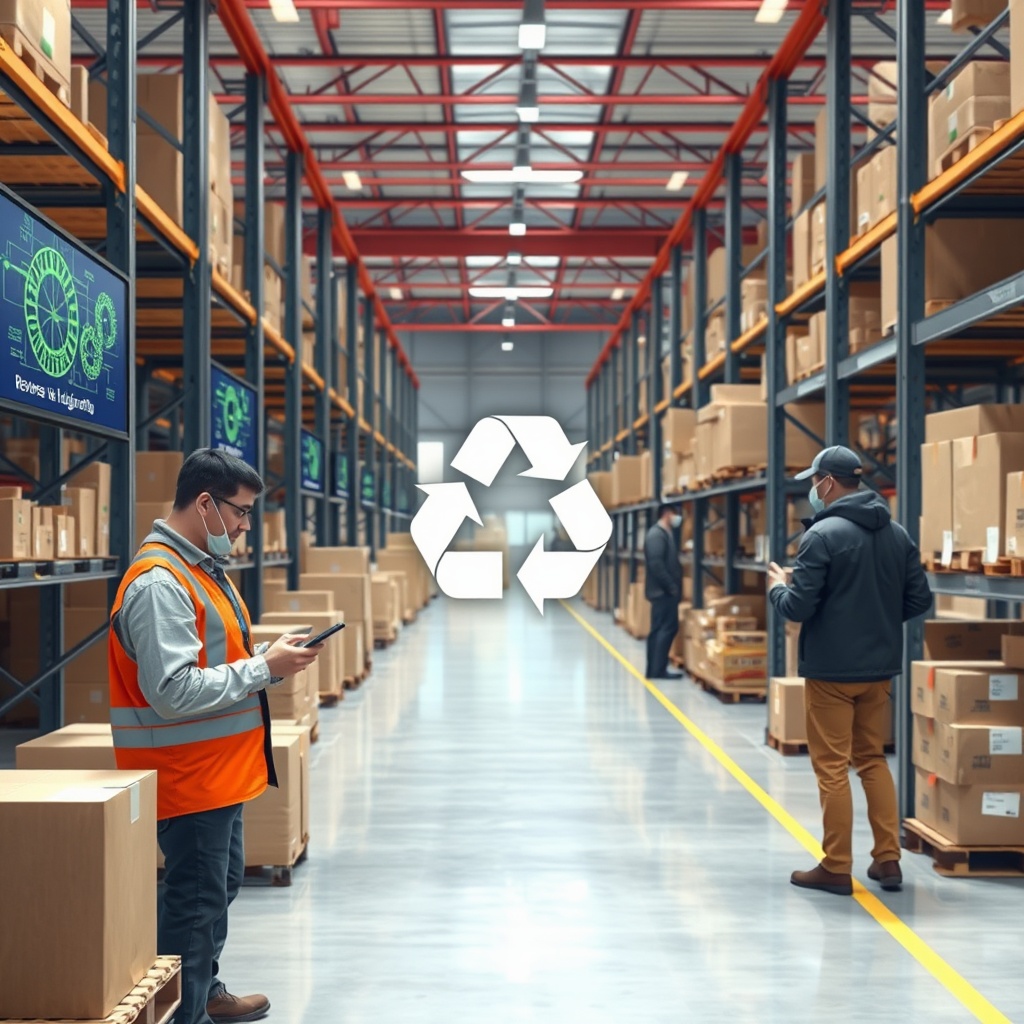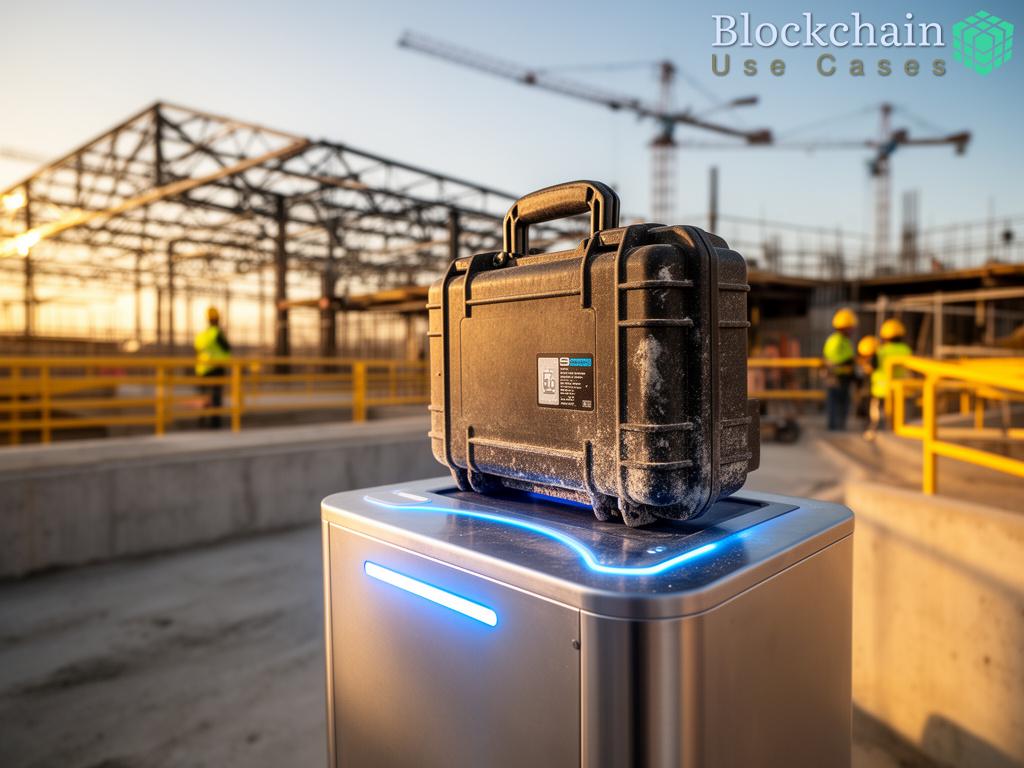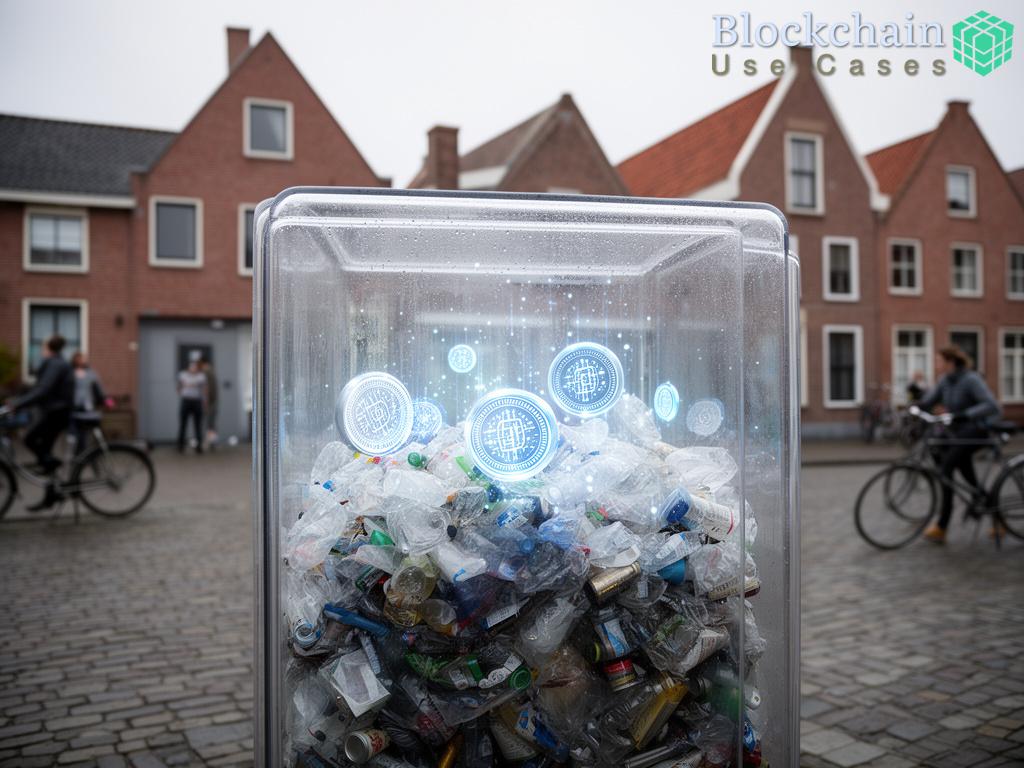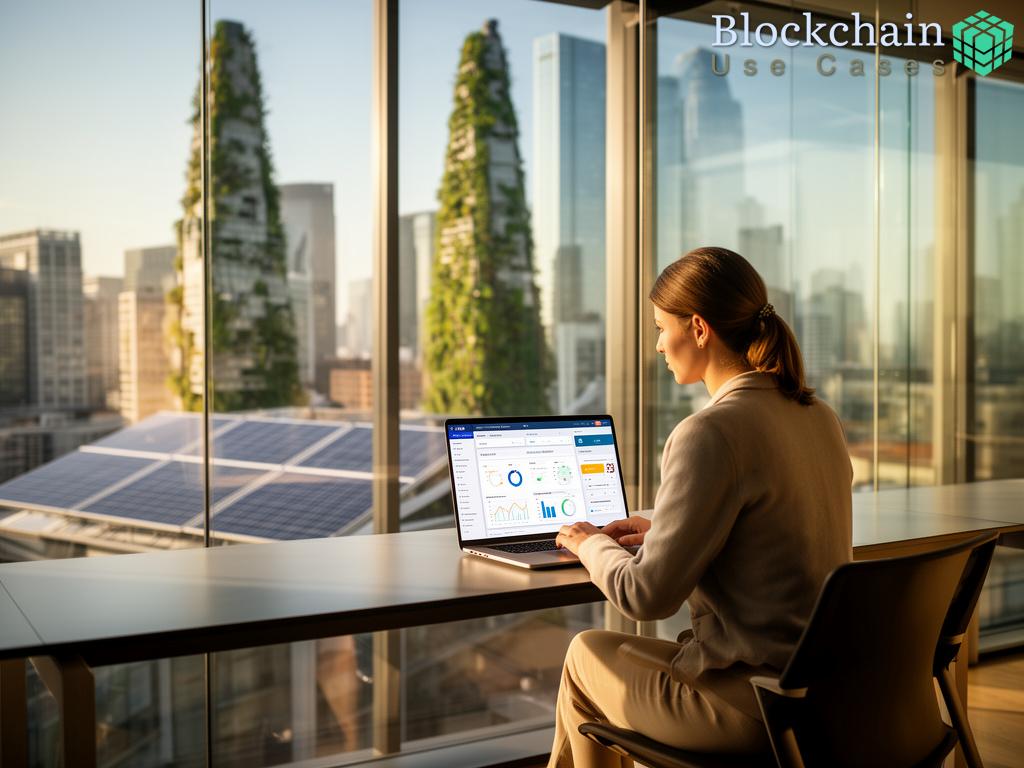Transforming the Way We Recycle
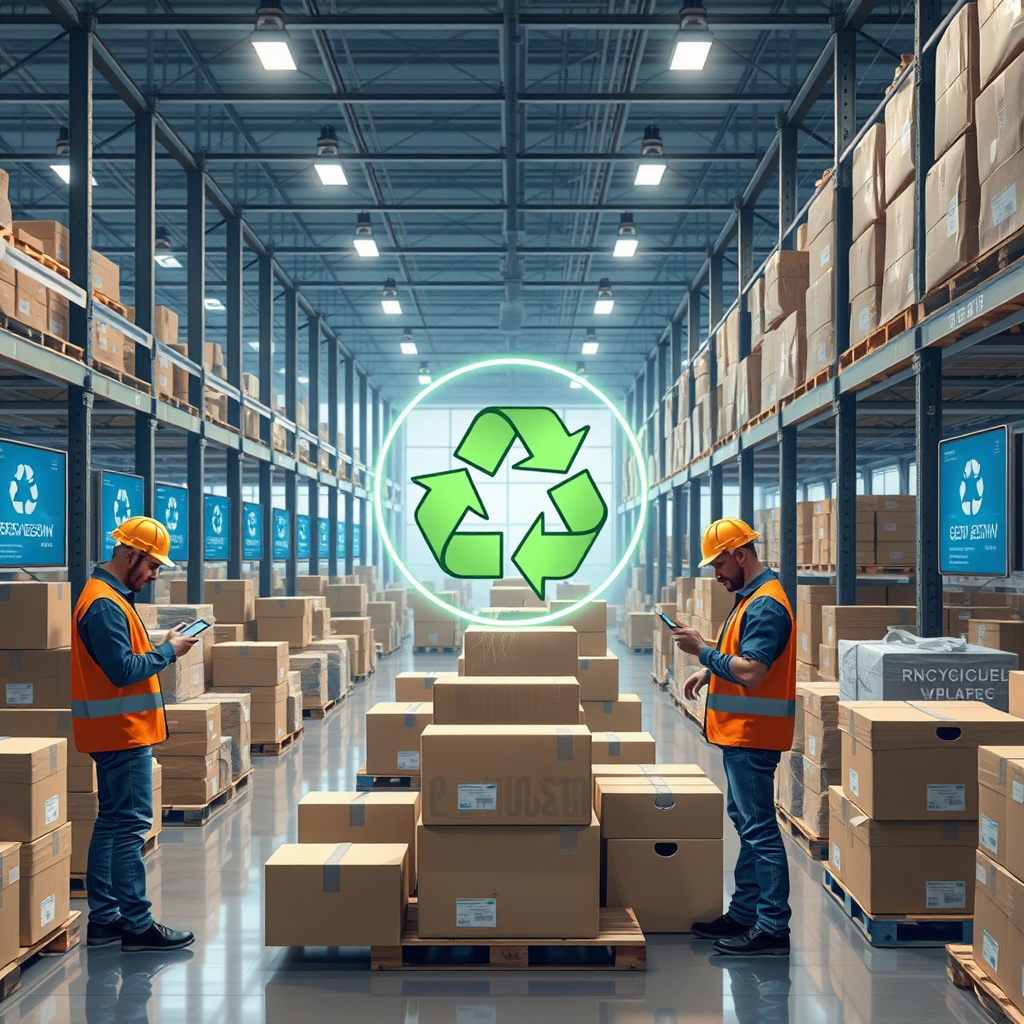
In an age where sustainability is not just a choice but a necessity, the integration of blockchain technology into reverse logistics and circular economy initiatives is nothing short of revolutionary. This technology offers a transparent and immutable ledger that can track products and materials throughout their lifecycle, enhancing accountability and efficiency in recycling processes. As businesses strive to reduce waste and promote sustainable practices, blockchain emerges as a powerful ally in this endeavor.
Unlocking Transparency and Trust
One of the most significant benefits of blockchain in reverse logistics is the transparency it brings to the supply chain. By enabling all participants—from manufacturers to consumers—to access real-time data about product origins and journeys, blockchain fosters trust. This heightened transparency can be pivotal in encouraging consumers to engage in recycling initiatives. With blockchain, consumers can verify claims about product sustainability, ensuring that they contribute to genuinely eco-friendly practices.
A Paradigm Shift in Waste Management
The integration of blockchain into waste management systems can significantly enhance efficiency. By leveraging smart contracts, businesses can automate and streamline the processes involved in collecting, sorting, and recycling materials. This not only reduces operational costs but also minimizes the environmental impact of waste management. Here’s a list of how blockchain facilitates this shift:
- Enhanced Traceability: Every product can be tracked from its origin to its final disposal, ensuring proper recycling.
- Incentivizing Participation: Consumers and businesses can be rewarded for sustainable practices, such as returning products for recycling.
- Reduced Fraud: Immutable records help prevent recycling fraud, ensuring that materials are processed correctly.
- Data-Driven Decisions: Companies can analyze blockchain data to make informed decisions about resource allocation and waste reduction.
As we look to the future, it is clear that blockchain is not just a technological innovation; it is a catalyst for change in reverse logistics and circular economy initiatives. By fostering transparency, trust, and efficiency, blockchain is paving the way for a more sustainable world.

